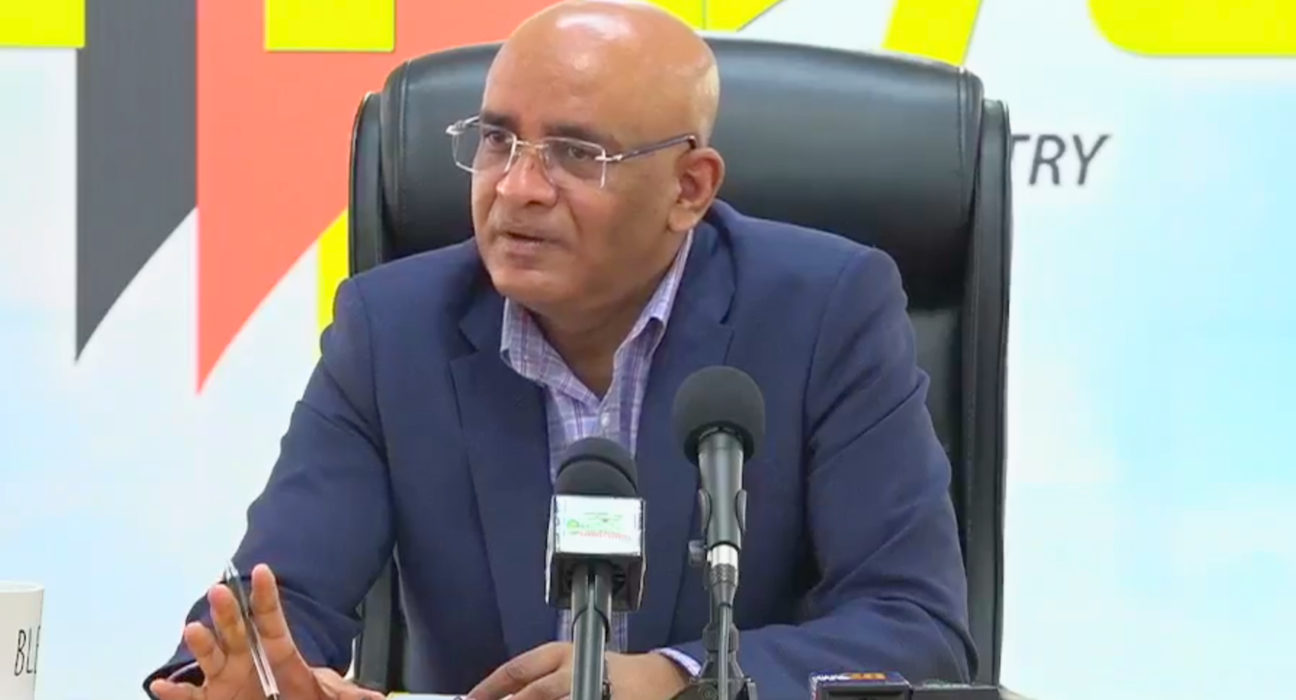The government of Guyana will soon introduce blockchain technology to enhance the transparency and integrity of records within key government agencies, particularly in the land and mining sectors.
This move aims to address the challenges of unauthorized tampering and fraud in these industries, which play a crucial role in the nation’s economy due to the high value of natural resources and the demand for mining permits and land.
Vice-President and General Secretary of the People’s Progressive Party (PPP), Dr. Bharrat Jagdeo, disclosed this development during his weekly press briefing.
He noted that the decision to implement blockchain technology comes in response to numerous reports of unauthorized activities, including cases where mining officers were involved in illegal practices.
Blockchain technology, best known as the backbone of cryptocurrencies like Bitcoin, creates immutable records that cannot be altered once entered.
This characteristic will help safeguard records against unauthorized modifications, thereby preventing instances of fraud and ensuring fair and transparent transactions.
Dr. Jagdeo highlighted the benefits of this system, specifically pointing out that blockchain technology will prevent alterations to crucial records, thus securing the integrity of land and mining transactions.
He provided an example where a person who applies for a lease in August should be prioritized over another person who applies in September for the same property.
However, current vulnerabilities in record-keeping have led to instances where records can be tampered with, allowing later applicants to receive priority.
Blockchain technology will eliminate this possibility by ensuring records are tamper-proof and accurate.
The government is also exploring expanding blockchain implementation to other agencies to enhance transparency further.
This initiative is part of Guyana’s broader digital transformation strategy, aimed at modernizing public services, increasing efficiency, and fostering public trust.
As the country continues to advance its digital capabilities, the introduction of blockchain technology is expected to streamline processes and secure valuable data, ultimately supporting the fair allocation of land and mining rights.

